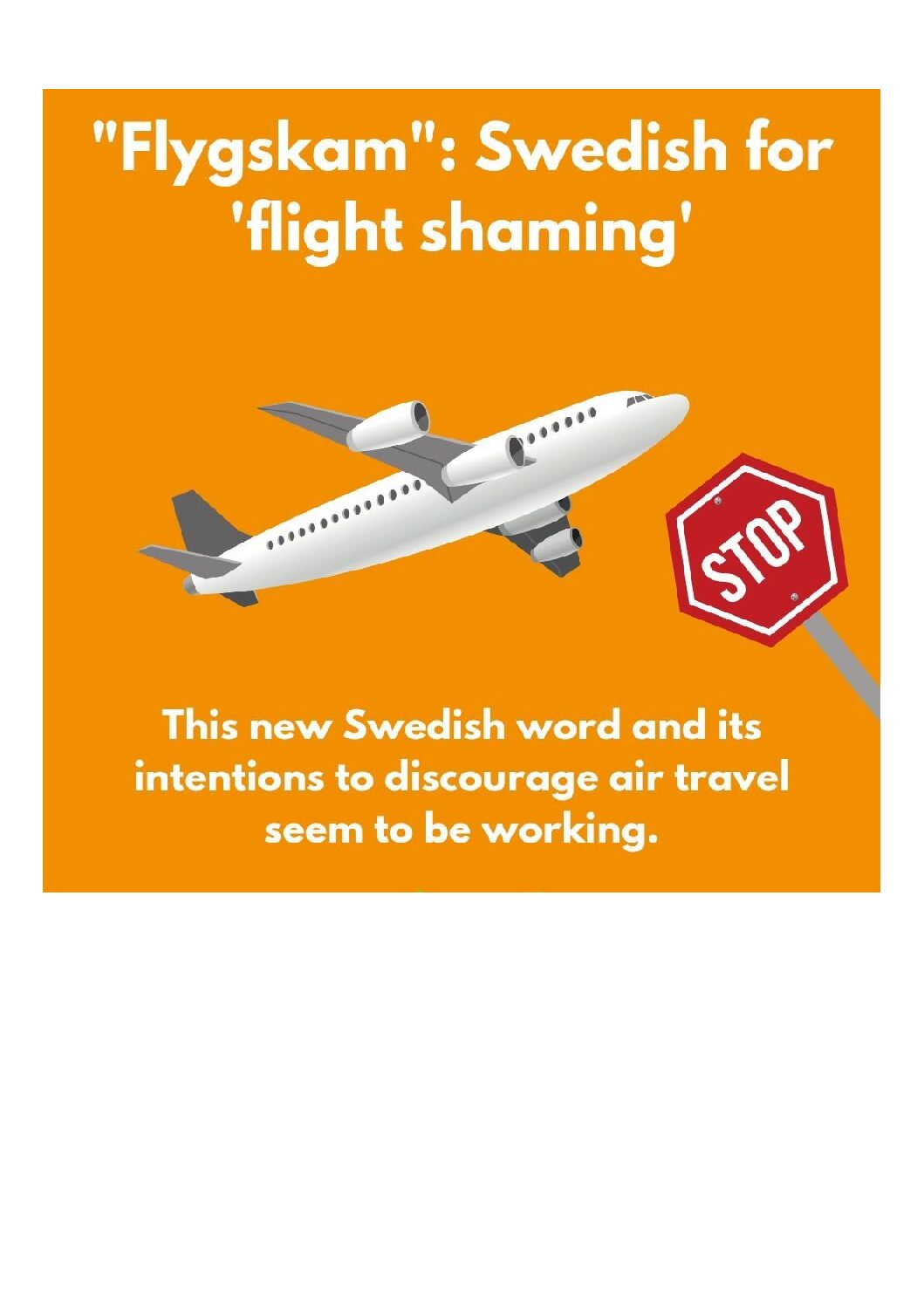As the airline industry faces growing challenges from shifts in consumer demand and sky-high jet fuel prices, one major problem persists: massive emissions created by air travel.
Flying is one of the most carbon-intensive activities on the planet, and despite an overall surge in travel, some have even jumped on the bandwagon of the Swedish movement of “Flygskam”, which translates to “flight shame,” a term attributed to Swedish singer Staffan Lingberg, who gave up flying in 2017.
Several airlines, however, have committed to sustainability initiatives that include a range of measures such as investing in fuel-efficient aircraft, implementing carbon offset programs, and exploring alternative fuel sources.
United Airlines, under the leadership of CEO Scott Kirby, has pledged to reduce its greenhouse gas emissions by 100% by 2050, and so has Cathay Pacific Airways, under the leadership of Chris van den Hooven: “We’re committed to 10% SAF by 2030, and we’re hoping to be carbon zero by 2050.”
Kirby, meanwhile, affirms the airline’s commitment to sustainability, stating in an interview with CNBC, “As an industry leader, United Airlines is dedicated to pioneering sustainable aviation solutions that minimize our environmental impact while meeting the needs of our customers.”
Although there are alternative sustainable strategies, such as using Sustainable Aviation Fuel (SAF) over standard jet fuel, airlines remain apprehensive to invest in them due to their comparatively high prices of SAF.
At the 2024 Harvard College China Forum, Chris van den Hooven, a senior vice president of Cathay Pacific Airways spoke with Sampan, “For an airline, the two biggest focuses on reducing the environmental impact is SAF and Single-use plastic (SUP). SAF is 2 to 4 tons more expensive than typical jet fuel. This is problematic because jet fuel is already expensive in itself. There is not enough being mass-produced. It needs governmental stakeholders to move production forward.”
The International Civil Aviation Organization (ICAO) of the United Nations acknowledges the need for coordinated international efforts to address sustainability challenges, emphasizing the importance of collaboration between governments, industry stakeholders, and environmental organizations. When asked about the environmental impact of SUP, Chris van den Hooven says, “Single-use plastic is a huge deal. On average, each piece of single-use plastic for each traveler adds up. The goal is to reduce to 1.5 pieces of SUP per passenger. That is our effort to help the environment.”
Despite the growing emphasis on sustainability, airlines face the perennial challenge of maintaining affordability for consumers. As operational costs continue to rise, airlines must strike a delicate balance between profitability and offering competitive fares to remain accessible to a broad spectrum of travelers. According to a recent study by Airfarewatchdog, 68% of consumers attribute affordability as a primary factor influencing their choice of airline. As such, airlines are under pressure to optimize cost structures, streamline operations, and explore innovative pricing strategies to ensure affordability without compromising quality or sustainability.
The airline industry confronts a myriad of challenges, ranging from sustainability concerns and fluctuating fuel prices to shifting consumer dynamics. While progress has been made towards adopting sustainable practices, achieving industry-wide sustainability remains a formidable task. As the industry continues to evolve, collaborative efforts and innovative solutions will be essential in overcoming these challenges and ensuring the future of sustainable air travel.
But air travel is facing many other changes: It is becoming more seasonal, with busier summers and quieter winters. This changing demand for seasonal travel presents a nuanced challenge for the business. In addition, after the COVID-19 pandemic, airlines are pushed to manage the new consumer trend of increased leisure travel, which is growing at a faster pace than business travel in many countries. While the airlines expect to see a busy summer as traffic peaks, it will become increasingly hard to effectively meet the fluctuating demand patterns of air travel, calling for more strategic planning and resource allocation by airlines.
In tandem with shifting demands, airlines are grappling with the burgeoning consumer demand for flights. With technological advancements and increased accessibility, air travel has become more available to a broader demographic, forcing other changes. Some airlines such as Cathay Pacific have started using Artificial Intelligence (AI) to voice the boarding calls instead of airport staff.
Alex Cruz, CEO of British Airways, has also emphasized the importance of meeting consumer expectations, stating in an interview with “The Guardian” that “as consumer preferences evolve, airlines must remain agile and responsive to deliver seamless travel experiences that exceed expectations.”
On top of that, one of the greatest challenges gripping the airline industry currently is the escalating price of jet fuel. According to the International Air Transport Association (IATA), fuel accounts for approximately 20%-30% of airlines’ operating expenses. But not only are airlines tackling fuel costs from recent increases in oil prices, but this source of carbon emission is also a critical contributor to the climate change crisis — and the talk of sustainable air travel. With growing environmental awareness and mounting concerns over carbon emissions, airlines are under pressure to adopt sustainable practices to mitigate their ecological footprint. Solely from 2023, emissions from United Kingdom flights rose to 23% last year, endangering the government’s goals to cap pollution at 2019 levels.




